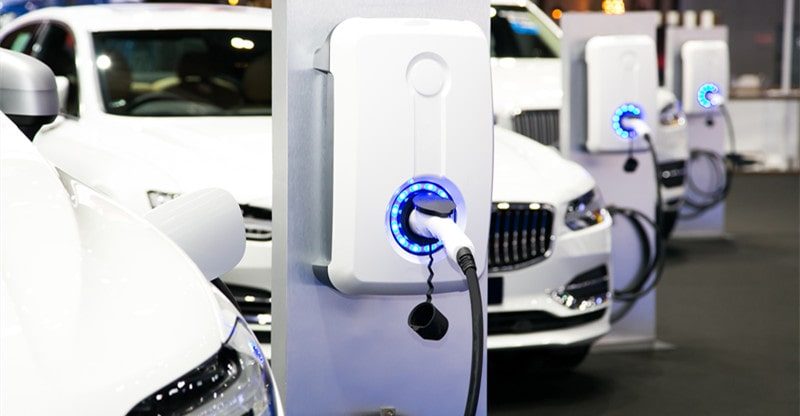Empowering Employees: The Benefits of Workplace Electric Vehicle Charging Stations
In recent years, the rise of electric vehicles has been nothing short of remarkable. As more consumers opt for these eco-friendly alternatives, the importance of a robust charging infrastructure has never been more apparent. One innovative solution that has emerged is the concept of workplace EV charging stations.
Workplace charging stations for electric vehicles are a relatively new but rapidly growing phenomenon. These are dedicated spots within a company’s parking area where employees can charge their electric vehicles when performing their duties.
The operation of these stations is straightforward: employees park their electric vehicles on the designated spots and plug them into the charging units before arriving at the office. By the time they finish their workday, their vehicles are fully juiced and ready to commute home or ride to the next location if they need it.
The benefits of this arrangement to the business team are manifold. First and foremost, it offers unparalleled convenience. Employees can charge their vehicles without needing to find the nearest place to refill their electric iron friend , eliminating the need to find stations elsewhere. This ease of use can also translate into cost savings over time, as employees can reduce or even eliminate their need in home charging, where electricity rates may be higher.
Moreover, by driving modern transportation and using workplace charging stations, employees can contribute to environmental sustainability, reducing their carbon impact and promoting cleaner air. The business will attract more customers to the electric vehicle society thanking to the relevant station.
Another aspect is that the DC Fast chargers are obligatory. Remember that electric vehicles, buses and trucks consecutively replace diesel ones in commercial service. They’re drivers’ workplaces according to terminology, so they need the charging infrastructure, too, despite moving throughout the city.
For employers, installing EV charging stations can also yield substantial benefits. As electric vehicles start dominating, offering workplace charging can be a significant perk for current and prospective employees, helping companies attract and retain a talented workforce.
Furthermore, having corporate boosting stations can enhance a company’s green image, demonstrating a contribution to sustainability that resonates with customers, partners, and the public. In some regions, companies may even qualify for government incentives, envirnmental organization grant programs or subsidies for installing and maintaningthese stations, providing a financial boost.
Several companies have already seen the benefits of implementing workplace charging stations. For instance, Cyber Switching reported increased employee satisfaction and a notable enhancement in their corporate sustainability ratings after installing corporate electric vehicle stations. Meanwhile, Company Y discovered that their refilling stations were key in attracting a younger, environmentally conscious workforce.
However, setting up a workplace station is challenging. Companies may face hurdles such as high upfront installation costs, limited parking space, and the need for additional electricity supply. But with careful planning and strategic investment, these challenges can be overcome. For instance, companies can explore partnerships with reactivating equipment providers, seek government grants or incentives, and implement efficient parking management strategies.
In conclusion, the benefits of workplace charging stations in the EV segment are clear. They offer convenience and cost savings for employees, help companies attract and retain talent, and contribute to eco-friendly sustainability. While there are challenges to their implementation, the potential rewards make them a worthwhile consideration for businesses of all sizes.
As the popularity of electric vehicles is expanding it is hoped that more businesses will embrace the opportunity to empower their employees by providing workplace charging facilities.



